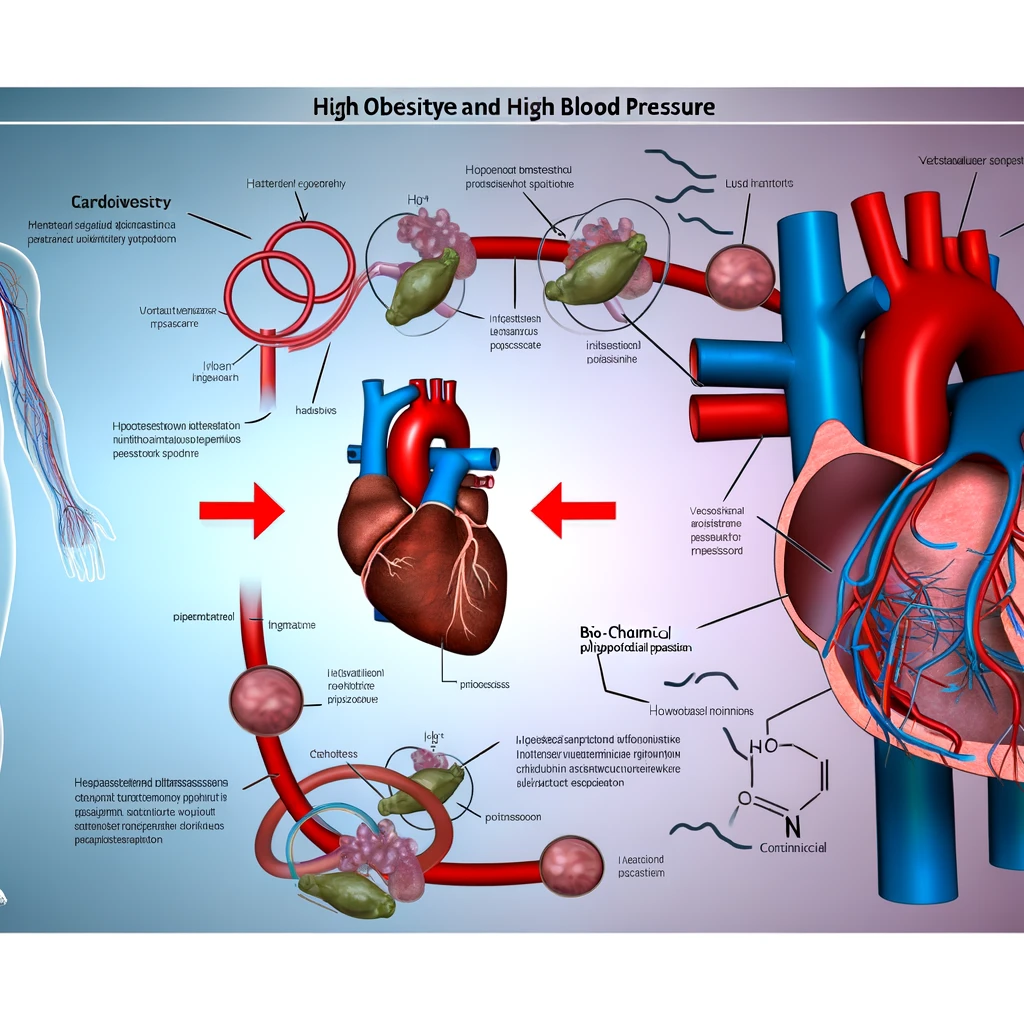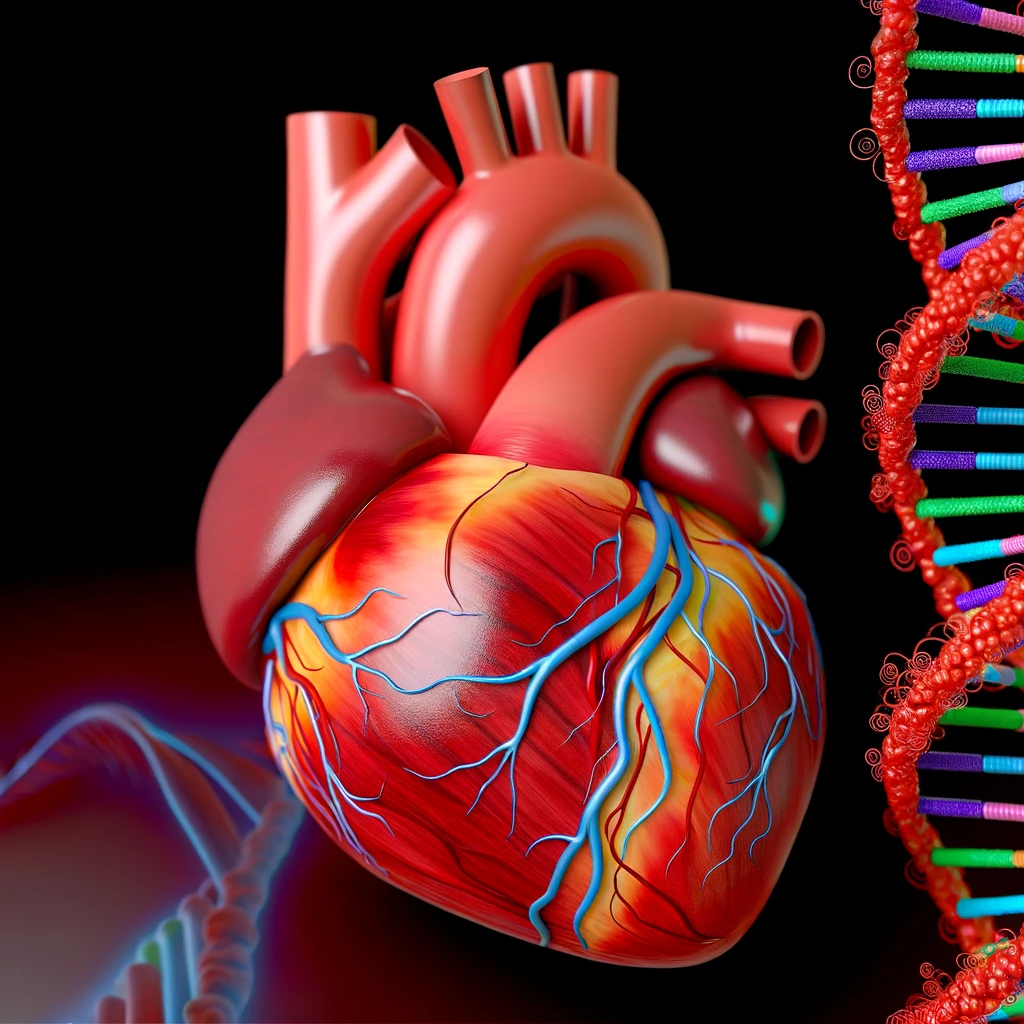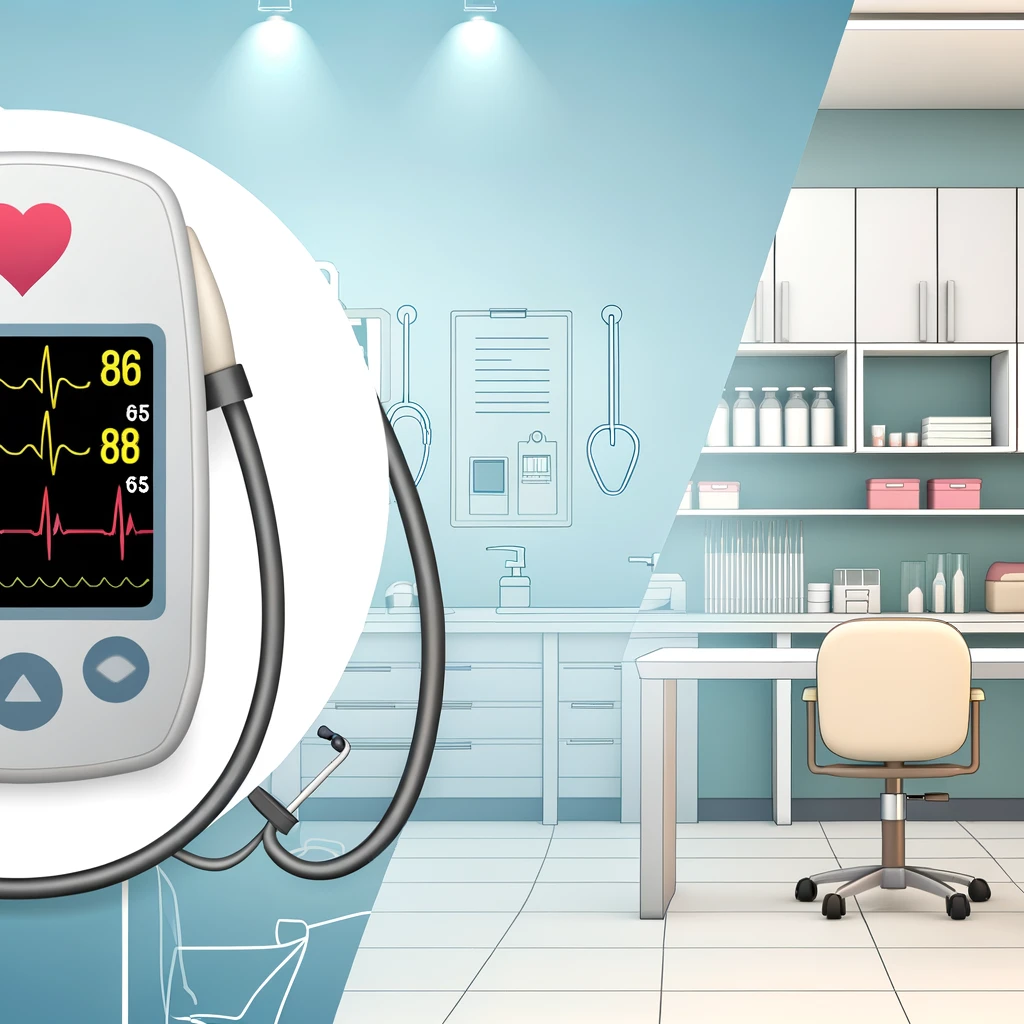Related Articles









The concepts of heart rate and blood pressure often come up in discussions about health and wellness. However, a significant amount of misinformation surrounds these topics, leading to confusion and potentially harmful health decisions. This article aims to clarify these misconceptions, providing a clearer understanding of how heart rate and blood pressure truly affect your health.
Your heart rate, or pulse, is the number of times your heart beats per minute. It is a simple yet powerful indicator of your cardiovascular health. Despite its importance, several myths persist about what your heart rate can tell you about your health.
While athletes often have lower resting heart rates due to efficient cardiovascular systems, a lower heart rate does not universally equate to better fitness for everyone. Factors such as age, medication, and individual health conditions also influence heart rate. It's crucial to consider these factors rather than using heart rate as a sole fitness indicator.
A rapid heart rate, known as tachycardia, can certainly indicate heart issues, but not always. Temporary increases in heart rate can result from exercise, stress, or caffeine. Persistent tachycardia, however, should be evaluated by a healthcare provider.
Blood pressure measures the force of blood against your artery walls as your heart pumps it around your body. It is divided into two readings: systolic (pressure during heartbeats) and diastolic (pressure between heartbeats). Understanding blood pressure is crucial for preventing serious health issues.
While the risk of high blood pressure increases with age, it can affect individuals of all ages, including children. Lifestyle factors such as diet, exercise, and stress management play significant roles in managing blood pressure across all age groups.
Low blood pressure, or hypotension, can also pose health risks, including dizziness and fainting. It can be caused by dehydration, prolonged bed rest, nutritional deficiencies, or certain medical conditions. Monitoring blood pressure regularly is important for managing both high and low readings.
Heart rate and blood pressure are critical indicators of cardiovascular health, but they are often misunderstood. By debunking common myths and providing factual information, individuals can make more informed decisions about their health. Regular monitoring and consultation with healthcare professionals are key to understanding and maintaining optimal heart health.
Incorporating lifestyle changes such as regular exercise, a balanced diet, and stress management can significantly impact heart rate and blood pressure, contributing to overall well-being.